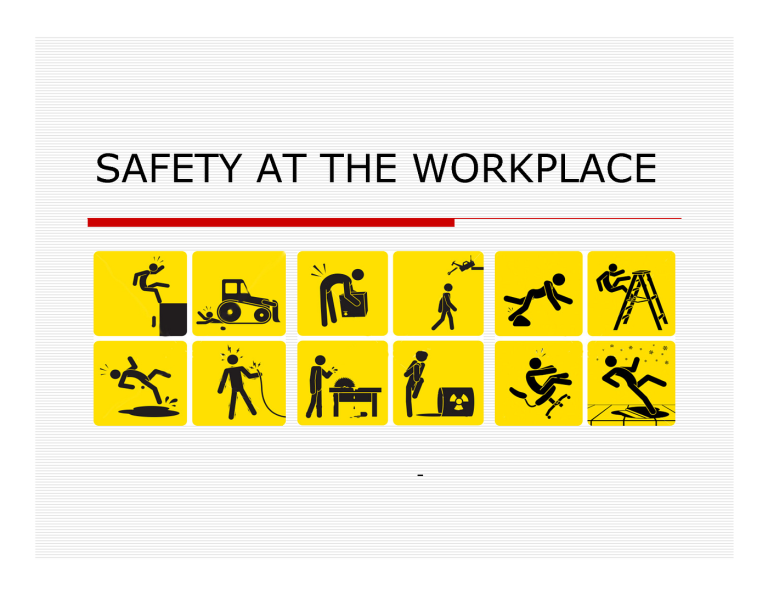Touch is one of the most natural ways of showing acceptance, affirmation and affection of and for people because it requires a deliberate, conscious effort on the part of the person doing the touching. And the opposite is equally true – the last thing we want to do to someone we dislike is touch them.
In the case of very young humans (called babies), touch is vitally important for their health, wellbeing and general development. Studies have shown that, in the case of orphanages in a certain communist country where babies were swaddled (wrapped very tightly) and left alone in cots all day without being touched, those babies failed to develop as they should have, and some in fact died. Subsequent investigations established that one of the main reasons for this was a lack of physical, human touch, resulting in what is called “skin hunger”.
Of course, there are different kinds of touch. There is the loving touch of a parent, a lover, a partner or a friend, and then there’s the heavy, brutal touch of an abuser or a bully. Each of these types of touch has its own impact for good or bad. There’s also a gentle, but firm, touch, which can be used to correct or guide.
The touch I want to speak about, though, is the touch of an expert as opposed to the touch of an incompetent.
Think back to the time you were learning to drive … Remember how firmly you gripped the steering wheel? There was no light touch there! Or the first time you went out on the ice on your rented ice skates. Remember how firmly you gripped the side of the rink? It took significant muscle power on the part of your friends or family who had accompanied you onto the ice to prise your fingers loose to get you to venture out onto that treacherous white surface again …
But, as you gained confidence and competence as a driver or skater, you eased up on that steering wheel grip or on the ice rink boundary fence.
So, where am I going with this?
I want to point out that the touch of an expert is very different from the touch of a novice or incompetent. The expert has a much lighter touch than the novice.
Which brings me to my next question. What kind of touch are you exerting on your company, division, department or team? Is it the light touch of an expert who knows just the right amount of touch to apply to the organisation, team or to a particular individual?
Or is the touch you’re applying, albeit maybe even unintentionally, the firm, harsh grip of a novice or, worse, a bully?
How can you tell which touch you’re applying? Simple. Very carefully watch people’s reactions to decisions you take and instructions you give. Don’t just listen to what they say or ask them for their opinions. They’re probably far too smart to share their honest opinion of a heavy handed approach. That’s career limiting. But their actions – if you know how to read them correctly – will reveal a lot.
Watch the touch of a Formula One driver on the steering wheel of his car. It’s light. They know they have at their fingertips controls that command massive amounts of power. But they also understand that that power is best harnessed, controlled and directed by light touch, not heavy handedness.
The same applies to business leadership. The leader who fully understands the power at their disposal, who fully understands the expertise it requires to harness, control and/or direct that power, also understands that it’s the light or gentle touch that’s going to get them the best results.
Don’t confuse light touch with weakness and don’t confuse gentleness with weakness. My father, who was a physically big, strong man, taught me that gentleness is the ultimate form of strength. As I was growing up, he explained to me that, if you’re sure of yourself and know your own strength, you won’t feel the need to prove your strength to others by being heavy handed. He said that because you know your strength (of character, of expertise, of maturity) you can afford to be gentle. That’s what’s meant, he explained to my younger self, by the term “gentleman”.
So … if you’re a leader of people, I encourage you to examine your touch on those you lead, whether it be in the workplace or in the home and remind yourself that an expert’s touch is light. If you find yourself becoming heavy handed, you’re no longer conducting yourself as an expert but are switching back into “novice mode”. And in these challenging times, companies, teams and families need an expert’s touch!
Alan Hosking is the Publisher of HR Future magazine, www.hrfuture.net and @HRFuturemag. He is a recognised authority on leadership competencies for the future and teaches experienced business leaders as well as millennial managers how to lead with empathy, compassion, integrity, purpose and agility. In 2018, he was named by US-based web site Disruptordaily.com as one of the “Top 25 Future of Work Influencers to Follow on Twitter“. In 2020, he was named one of the “Top 200 Global Power Thought Leaders to watch in 2021” by peopleHum in India.

























